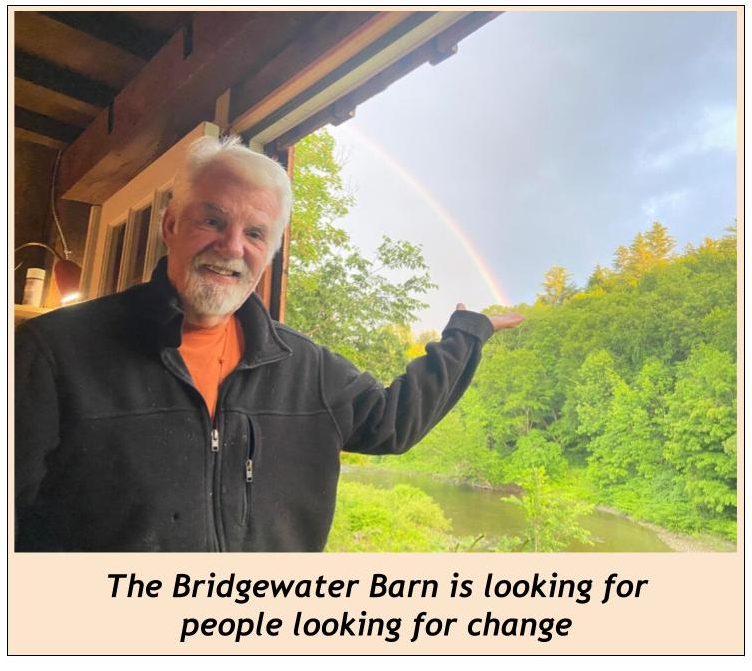House strikes reference to criticized learning method from Senate bill

By Guy Page
A bill intended to improve Vermont student reading may be stripped of a key section about phonics in the Vermont House Education Committee.
Since 1992, Vermont 4th grade reading scores have loitered every year below the ‘proficiency’ rating from the NEAP annual scorecard but above the national level. They’ve been dropping steadily since 2015 and are now at the national level.
When passed by the Vermont Senate March 27, S204, the “ supporting Vermont’s young readers through evidence-based literacy instruction” bill, included this section deemed crucial by supporters of returning phonics to Vermont schools:
“Public and approved independent schools shall not use instructional strategies that do not have an evidence base, such as the three-cueing system. Evidence-based reading instructional practices, programs, or interventions provided pursuant to subsection (c) of this section shall be effective, explicit, systematic, and consistent with federal and State guidance and shall address the foundational concepts of literacy proficiency, including phonemic awareness, phonics, fluency, vocabulary, and comprehension.”
At issue is a longstanding controversy on the best method for teaching children to read. For generations, students learned through phonics. Vermont public schools abandonred phonics for the so-called ‘three cue’ method of learning. The difference between the two is described below:
“The Three-Cueing Systems Model, says the ExcelinEdinAction website, it can be boiled down to this: Teachers using this method instruct students to guess. This approach is soundly criticized by many reading experts, because it encourages students to guess, not sound out [phonics], words they do not know by using pictures or what they think might make sense given the context of the sentence.”
The House ‘strike-all’ amendment on the Legislature’s website does mention phonics, but has removed the Senate bill reference to the ‘three cueing system.’
Today, House Education Committee member Rep. Terri Williams (R-Granby) told VDC she has received many emails from parents and educators alike bemoaning the committee removing the crucial clause from its draft of the bill.
A school reading specialist from Bennington County wrote: “I strongly urge you to include language in the S. 204 3.1 bill banning the three-cueing system. Research shows that this practice is ineffective and damaging to students who are learning to read.”
A parent wrote Williams the following note:
“As we personally watch our child struggle to read and write, I cannot tell you how upset, I am at the changes this committee has made. The financial and emotional tolls that my family has gone through over the past eight years of trying to get effective reading instruction in school for our child is an understatement. We know her ability to read and write slowly and poorly will follow [her] throughout her life. Harm to my child had been done due to poor instructional practices in our school.”
S.204 is scheduled for review tomorrow and a committee vote on Thursday.
Categories: Education, Legislation








Both of my parents began their education in a one-room schoolhouse. There they learned reading, writing, and arithmetic. They also learned history, a subject that is nearly absent from modern schools. Their school had no fancy playground equipment, no fancy landscaping, not even indoor plumbing. My parents did not go to college to learn any fancy education techniques, but they had a good basic education and a hefty amount of ‘common’ sense, and they taught me to read before I entered kindergarten.
One of the saddest parts of the new supposedly ‘equitable’ teaching techniques is that they most negatively impact vulnerable communities, further widening any gap, and setting children up for life-long failure.
Well, a VT public school graduate doesn’t need to possess high reading comprehension skills in order to be a good ad obedient Communist. They merely need to learn how to march in lockstep and how to cease from thinking independently.
Then, and only then can these proud graduates apply for further indoctrination at schools of higher education such as Bennington College where they can major in “Advancement of Public Action” or “Global Studies” where they’ll learn all about the interconnectivity of art and social justice, “international conflict”, “incarceration reform”, and in knowing how to create an “emboldened citizenry”. Though there will of course be absolutely no job prospects within these chosen fields of study, or many others offered by this extraordinarily costly but rather obscure college, one does become proficient in the mastering of using tiki torches as weaponry, throwing bricks & rocks, and knocking the elderly & disabled and other like dissidents to the ground with skateboards – all to the envy of all your neighbors and comrades! Therefore, as it ends up: Reading is NOT fundamental after all!
This Three-Cueing Systems Model sounds a lot like the whole word approach. “The whole word approach relies on what are called “sight words”. This method basically consists of getting children to memorize lists of words and teaching them various strategies of figuring out the text from a series of clues. Using the whole word approach, English is being taught as an ideographic language, such as Chinese or Japanese.” Either one of these methods sounds insane to me. Only some egghead with a Education degree could come up with things like this. And like typical Leftists, the fact that kids haven’t been able to learn to read for years now won’t make them question their methods, they’ll double down with something even more insane.
Keep phonics! Whole word memorization creates a handicap fir life. My daughter asked me to teach her to read when she was 2. I taught her phonics, and Sesame Street reinforced it. She was reading by kindergarten.